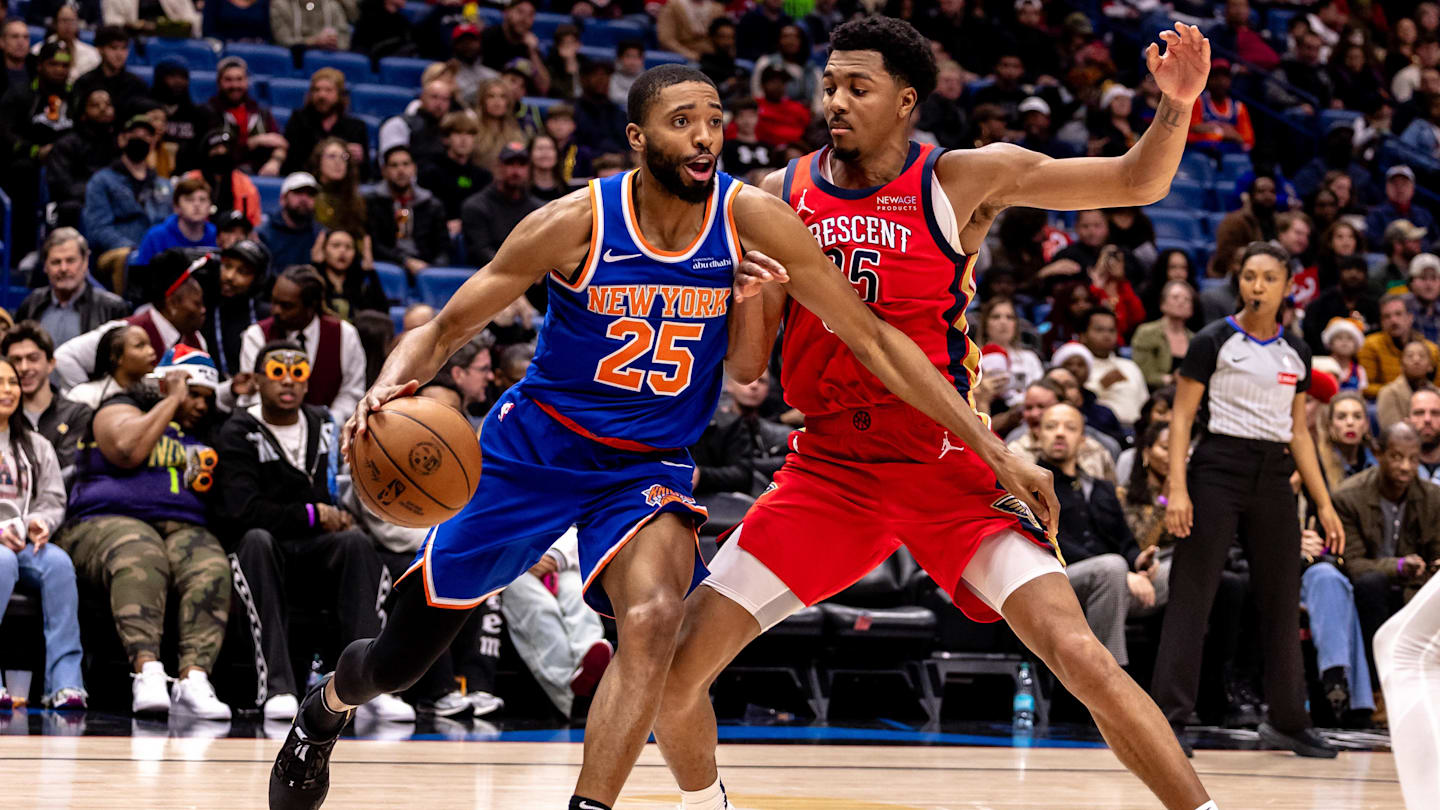World
Aaron Judge is not alone in his massive Yankees World Series failure

Aaron Judge will have to endure his mounting October legacy of decreasing impact. Fifty-six games has a large meaning in Yankees and baseball history around Joe DiMaggio.
But what it represented going into Tuesday night’s World Series Game 4 was the number of games Judge has now played in the postseason. Judge’s most ardent clubhouse defenders invoke N and N — narrative and noise — to try to suggest it is outside negativity purveyors who are creating his soiled postseason image.
The Yankees, though, can’t have it both ways, talking up how Giancarlo Stanton elevates to magic at this time of year without acknowledging Judge’s plummet to tragic postseason results. After all, this is no longer some insignificant sample size. The 56 postseason games tied Hideki Matsui for 11th most in Yankee history.
Matsui, though, was among the best October players in franchise history. Among the 51 Yankees with at least 100 postseason plate appearances, his .312 average was seventh best while Judge’s .196 was seventh worst. Matsui won the World Series MVP the last time the Yankees were in the World Series, in 2009. Judge was on the way to being the goat of this Fall Classic, toting a 1-for-12 with seven strikeouts as the Dodgers took a three-games-to-nothing lead.
The Yankees had played 12 games this postseason, all decided by three runs or fewer. They survived with a singular big moment by Judge in the first two rounds — a two-run, eighth-inning, game-tying homer off Cleveland closer Emmanuel Clase in ALCS Game 3. Incidentally, that was one of the two games the Yankees lost in the playoffs.
The Yankees could live without much from Judge and still prevail over the little brothers of the AL Central. Not against the Dodgers. If Judge were hitting, the Yankees could — and possibly would — have won each of the first three games rather than fall into their near-impossible hole.
He is the biggest star on the team. The highest paid in franchise history. Thus, he has the greatest weight. It is a large burden for what is no longer a small sample. Judge simply has not joined a triumvirate of impact with Stanton and Juan Soto, a duo that was 7-for-23 (.304) with two homers and four RBIs through World Series Game 3 compared to everyone else going 12-for-79 with one homer and three RBIs.
It emphasizes that the long lineup the Yankees believed they constructed never really materialized and has worsened at the worst time — their Nos. 7-9 hitters were 4-for-34 (.118) with 12 strikeouts.
What is underscored here is that the Dodgers are winning both the superstar portion of this program with notably Freddie Freeman already pretty much sealing the World Series MVP after the first inning Monday. But also winning the chorus portion. And there should be no surprise here.
During the regular season, the Dodgers had seven players take at least 250 plate appearances with an OPS-plus of 110 or higher, which tied for the MLB lead. The Yankees had three (you guessed it, Judge, Soto and Stanton), which among others was tied with the Pirates.
After years of being too righty and getting exploited in the playoffs that way, the Yanks added three bats for this year: Austin Wells making the team from the outset and ultimately becoming the starting catcher, Alex Verdugo in an offseason trade and Jazz Chisholm in a deadline deal. At times it worked, notably with Chisholm soon after the trade and Wells rising to cleanup early in the second half.
But in the postseason, Verdugo was hitting .195, Chisholm .170 and Wells carried over a horrific September into October at .093.
Conversely, the Dodgers were concerned about being vulnerable to lefties and signed Teoscar Hernandez and Enrique Hernandez in the offseason and traded for switch-hitter Tommy Edman (who hits best from the right side) at the deadline. Enrique Hernandez would have signed with the Yankees but preferred the familiarity of the Dodgers. The Yanks tried to acquire Edman at the deadline even after obtaining Chisholm and the White Sox were more fixated on a three-way deal in which the Dodgers landed not just Edman, but another Yankee target, reliever Michael Kopech.
Edman has an .896 OPS this postseason, won the NLCS MVP and is the kind of sound, heady player the Yankees lack. Enrique Hernandez has an .850 OPS and Teoscar Hernandez has a .743 OPS. The trio was 11-for-33 (.333) in the World Series.
So, yes, Judge is the face of the Yankees’ slide toward winter. But he is not alone against a Dodger opponent whose whole lineup has come a lot closer to All Rise.










